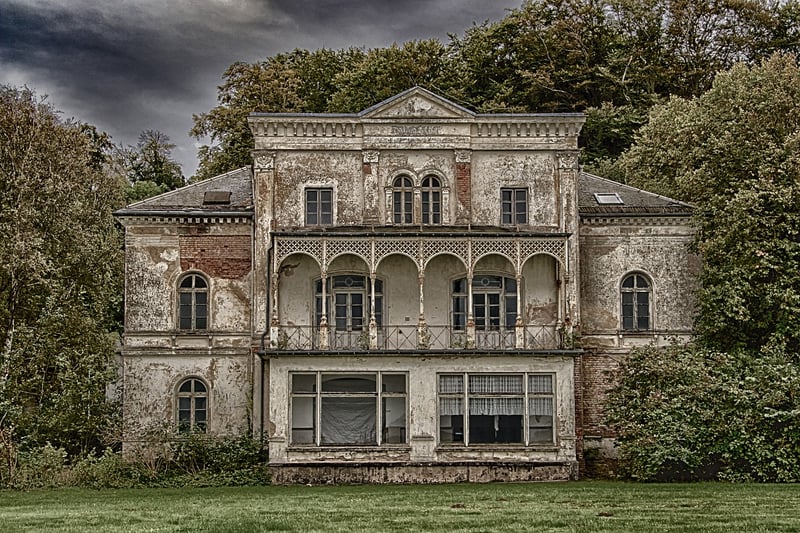Changing History
The Moral Implications of Changing History
History is the collective narrative of our past, a record of events that have shaped societies, cultures, and individuals. It serves as a guide for the present and a foundation for the future. But what if we could change history? What are the moral implications of altering the course of events that have already transpired?
Understanding the Power of History
History is not just a series of dates and facts; it is a reflection of our triumphs and failures, our progress and regressions. It teaches us valuable lessons about our collective humanity and reminds us of the consequences of our actions. By altering history, we risk distorting these lessons and undermining the integrity of our past.
The Butterfly Effect
Changing even a single event in history can have far-reaching consequences, a concept known as the butterfly effect. Small actions can lead to significant changes down the line, impacting the lives of countless individuals. This raises ethical questions about the right to manipulate the course of history and the unforeseen repercussions of such actions.
Preserving Historical Truth
History serves as a record of truth, capturing the essence of human experiences and struggles. By altering historical events, we risk erasing these truths and creating a false narrative of the past. It is essential to preserve the integrity of history and honor the memories of those who came before us.
Conclusion
While the idea of changing history may seem intriguing, it comes with significant moral implications. As custodians of our past, we must respect the integrity of historical events and learn from them rather than attempt to rewrite them. History is a reflection of who we are, and altering it would mean altering ourselves.

Let us embrace the lessons of history, both the triumphs and the tragedies, and strive to build a better future based on the truths of our past.
